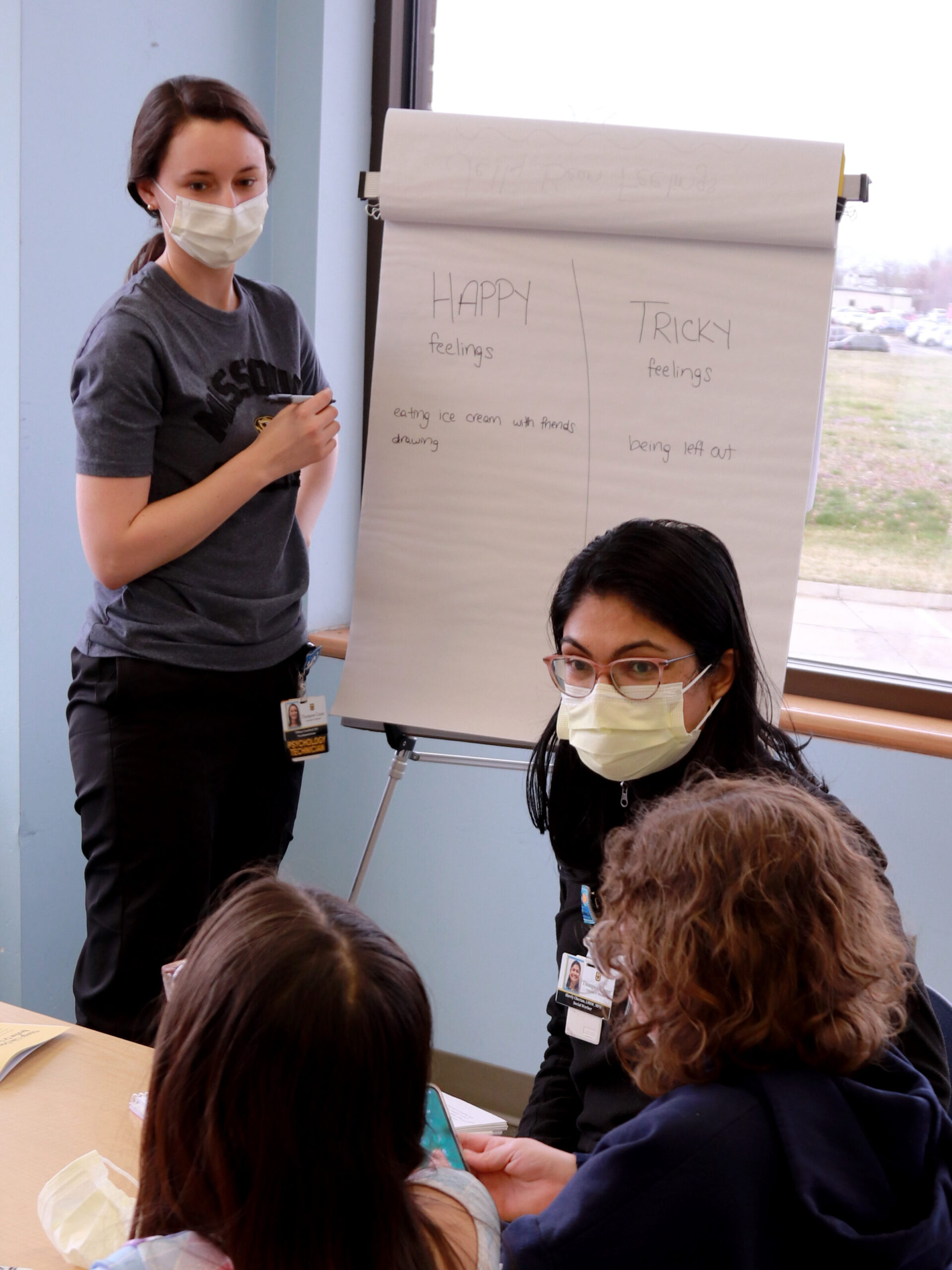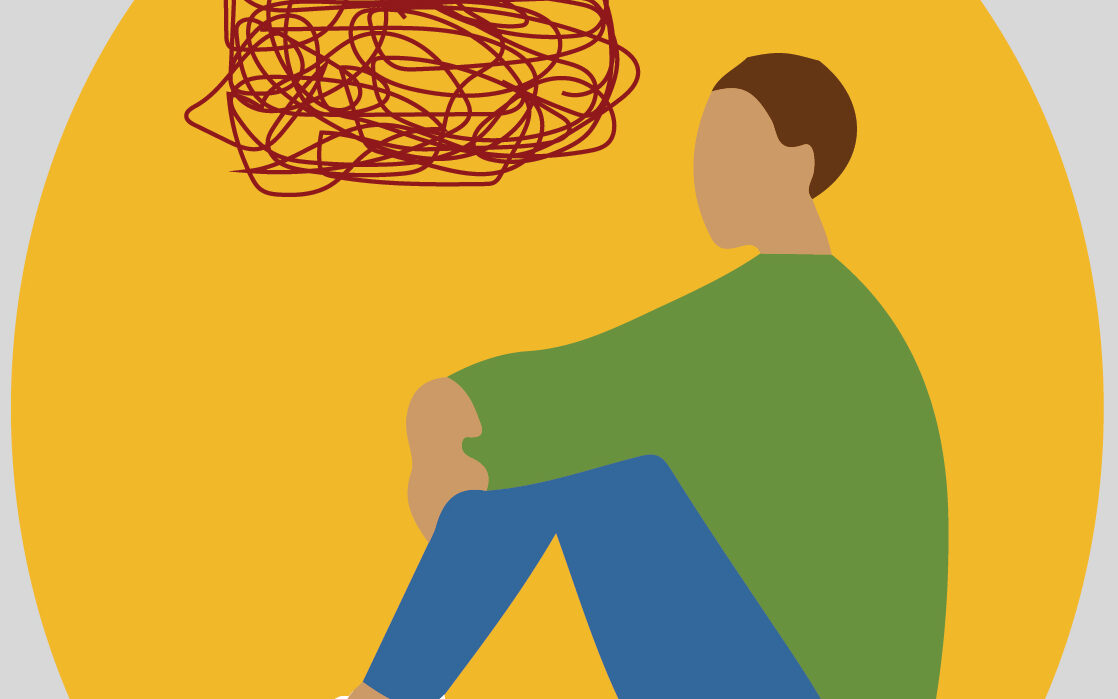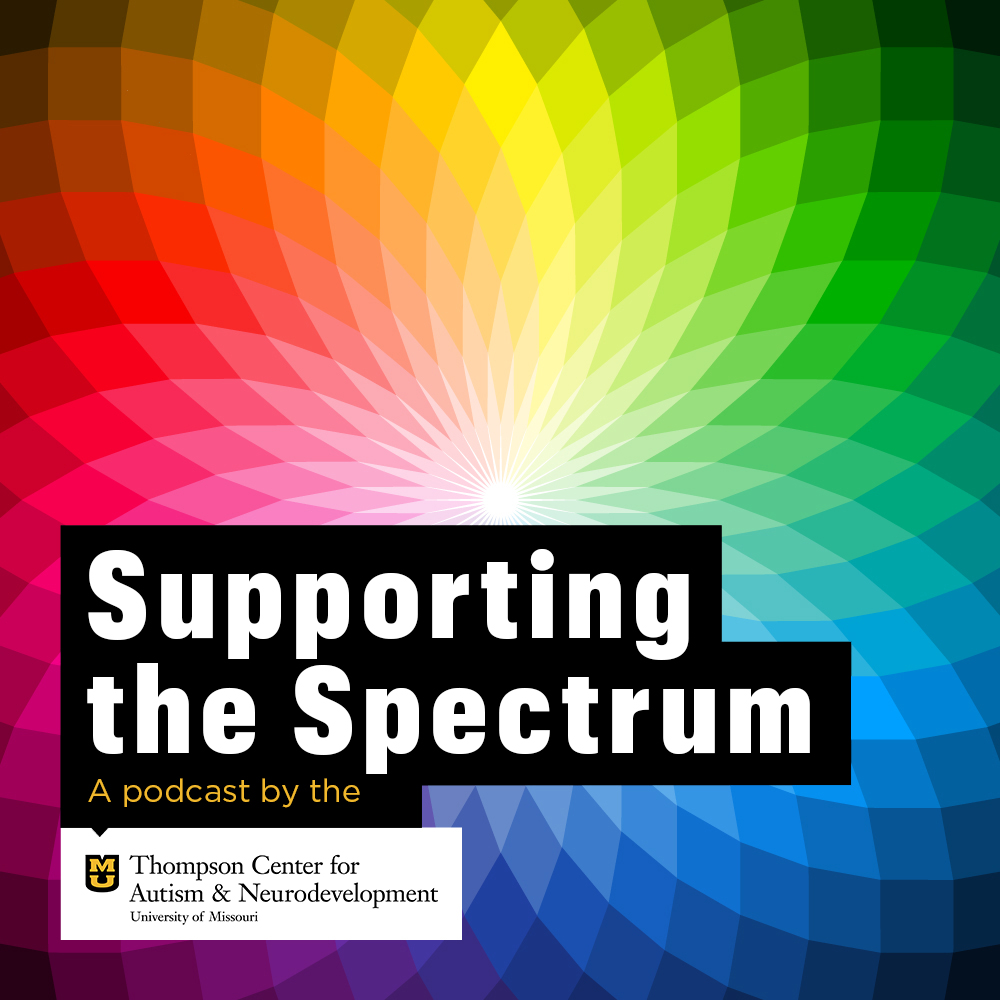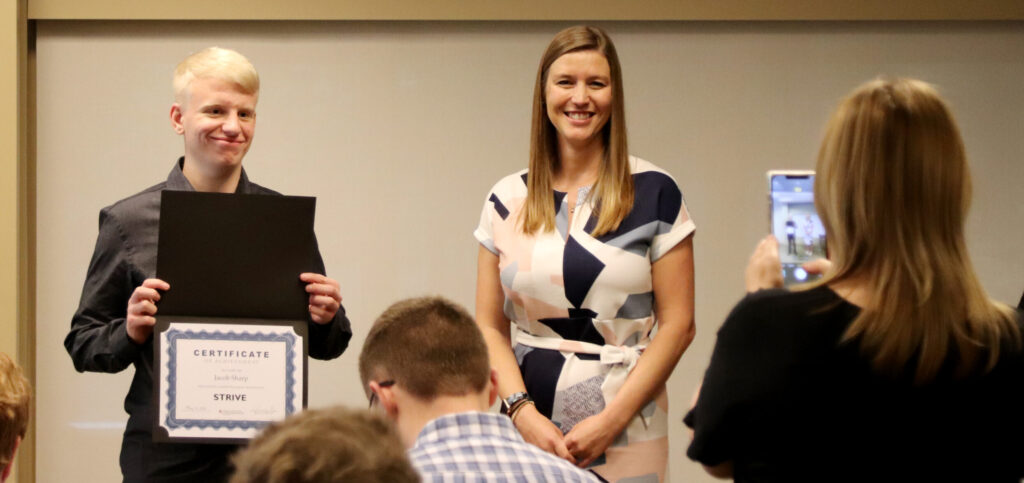Group Interventions
Sometimes children and teens benefit from the chance to develop skills and receive supports together with their peers. The Thompson Center offers a range of intervention and support groups. These groups offer participants a supportive and collaborative environment to foster growth, development, and a sense of belonging.


Facing Your Fears: A Group Intervention for Anxiety
Facing Your Fears is a specialized program at the Thompson Center designed to address anxiety in autistic children and teens. Using evidence-based cognitive behavior therapy (CBT) techniques, the program empowers participants to confront and manage their anxieties effectively. We recognize the crucial role of parents and caregivers in this process, and their active involvement in the program ensures holistic support and success for the child or teen.
Eligibility:
- 8-18 years old
- Must have an autism diagnosis
- Average IQ and complex language skills
- Ability to work in a group
- Clinical levels of anxiety (specific phobia, generalized anxiety disorder, separation anxiety, social phobia, etc.)
- At least one parent/caregiver must also participate in the program
This group meets weekly for 8-14 weeks.
Content:
- Psychoeducation (e.g., vocabulary, identifying worry, time spent worrying, mind-body connection)
- Awareness of automatic thoughts
- Recognizing physical symptoms of anxiety
- Education about exposure
- Skill-building
- Learn to build a fear hierarchy
- Application of skills through movie making
- Homework and practice (facilitated by parent/caregiver)
- May incorporate social skills
The Thompson Center has not yet set dates for the next Facing Your Fears group. If you are interested in being contacted when the next cohort is available, please email thompsoncenterreferralteam@missouri.edu.

SibWorks
SibWorks is a peer support group tailored for children ages 8-12 who have a sibling with a disability.
This interdisciplinary program draws on techniques from psychology and social work to provide valuable support. Through SibWorks, children gain a better understanding of autism and its challenges, acquire new skills to manage complex emotions, and practice coping strategies. Additionally, participants feel a sense of belonging and connection, fostering a more positive outlook on themselves as both a supportive sibling and an individual.
SibWorks aims to empower these young participants with tools for personal growth and resilience in their unique family dynamics.
While the siblings group meets, parents/caregivers must also participate in the parent group meetings. Topics of the parent group discussions include:
- Acknowledging differences between their children
- Daily challenges of raising a child with autism
- The importance of being an advocate
- Coping strategies
This group meets weekly for 7 weeks.
The Thompson Center has not yet set dates for the next SibWorks group. If you are interested in being contacted when the next cohort is available, please email thompsoncenterreferralteam@missouri.edu.

Learn more about diagnostic evaluations at the Thompson Center on Supporting the Spectrum:
Season 1, Episode 1: Diagnostic Evaluations for Autism
Life Skills Group
The Life Skills Group is a twice-weekly program designed specifically for adolescents with autism, aimed at equipping them with practical skills to enhance their independence. Through this engaging and supportive program, participants learn valuable life skills that can positively impact their daily lives and foster greater self-reliance. By acquiring essential skills, participants will gain the confidence and abilities needed to navigate various aspects of life with increased autonomy and success.
Potential topics covered in the Life Skills Group include:
- Home care/chores (e.g. vacuuming)
- Planning & setting long-term goals
- Simple meal preparation & grocery shopping
- Money management
- Employment
- Hygiene
- Technology
- Social/conversation skills
Eligibility:
- Adolescents ages 13-18 who have an autism diagnosis
- Verbal with fluent speech
- Not physically aggressive
- Access to reliable transportation
Life Skills Groups meet twice a week for 1-1.5 hours for an 8-12 week semester. Prior to joining the Life Skills Group, participants and a parent/caregiver must attend an individualized initial consultation.
To learn more about the upcoming schedule for Life Skills Group, contact Emma Keicher at (573) 882-8147 or keichere@health.missouri.edu.

STRIVE
Self-Determined Transition Readiness Through Vocational Enterprises (STRIVE) is an innovative post-secondary education program at the University of Missouri tailored specifically for 18-to-30-year-olds with autism or similar diagnoses.
With a focus on non-credit employment and life skills development, STRIVE offers two semesters of comprehensive training, empowering individuals to thrive in various aspects of life. Through our specialized curriculum and supportive environment, we foster growth, independence, and a brighter future for our participants.
Social Language Group
This intervention offers a group setting where children and preteens diagnosed with autism can come together to develop social language skills.
Led by a skilled speech-language pathologist, participants focus on improving social problem-solving, nonverbal communication, reading social cues, and conversational reciprocity. The group also provides a supportive environment with peers of the same gender, fostering a positive and inclusive learning experience for all participants.
Through this collaborative approach, children and preteens can strengthen their social interactions and communication skills, empowering them to thrive in social settings.
Eligibility:
- 9-12 years old
- Must have an autism diagnosis
- Average or above average cognitive and academic skills
- Difficulty with with social interactions and social communication skills such as social problem solving, reading, nonverbal communication, and conversational reciprocity
- Prospective participants will receive a speech-language evaluation prior to joining a Social Language Group
Schedule:
- Social Language Groups are offered in the spring and fall semesters
- The Social Language Group for Boys meets on Wednesday afternoons from 3:30-5 p.m.
- The Social Language Group for Girls meets Tuesday and Thursday evenings from 4-5 p.m.
Insurance is typically billed as “group speech therapy” for this service and the patient is charged a copay each session. If you live in Boone County, there may be resources to cover this cost. Talk to the group facilitator for more information.
If you are interested in learning more about this group or getting a referral, contact Michelle Dampf at dampfm@health.missouri.edu.
Preschool Social Skills Group
This intervention utilizes play and peer interactions to foster the development of social and communication skills in young children.
Through age-appropriate activities, participants are encouraged to enhance their speech, language, social, and motor skills in a fun and engaging manner. These small groups are thoughtfully facilitated by a speech-language pathologist, with additional support from an occupational therapist and graduate students from the University of Missouri’s Speech, Language, and Hearing sciences program.
By creating a nurturing and inclusive setting, this intervention empowers young children to thrive in their social interactions and communication, setting a strong foundation for their future development. Additionally, parents and caregivers are provided with positive strategies to promote play and social interactions in the home environment.
Eligibility:
- 30-48 months old (2.5-4 years)
- Must have an autism diagnosis (or referring provider must highly suspect autism)
- Child must be ambulatory and able to tolerate being with peers without significant behavioral concerns
- Prospective participants will receive a speech-language evaluation prior to joining a Pre-K Social Skills Group
Schedule:
- Pre-K Social Skills Groups are offered in the spring and fall semesters, lasting 6-10 weeks per session
- The group meets Monday and Wednesday mornings from 8-9:30 a.m.
- Groups are limited to 4-5 participants each
Insurance is typically billed as “group speech therapy” for this service and the patient is charged a copay each session. If you live in Boone County, there may be resources to cover this cost. Talk to the group facilitator for more information.
If you are interested in learning more about this group or getting a referral, please email Ashley Boyd at boyda@health.missouri.edu with “Preschool Social Language Group” in the subject line.
Leaps Ahead – ABA Group Therapy
The Thompson Center’s Leaps Ahead program is a specialized in-clinic Applied Behavior Analysis (ABA) group therapy.
This program creates a controlled environment to support children in engaging in group activities, navigating challenging social situations, developing social competence, and effectively communicating with their peers.
Each child in the program receives individualized support from University of Missouri practicum students, ensuring personalized care and attention. Additionally, the program is overseen by a Board Certified Behavior Analyst (BCBA) from the Thompson Center staff.
Through Leaps Ahead, children can make significant strides in their social and communication skills, fostering positive growth and development in a supportive and structured setting.
Eligibility:
- Children aged 4-10 who have a diagnosis of autism or another neurodevelopmental disorder
- Children whose main areas of concern are social skill development or the development of other behaviors required in social settings
- Children who demonstrate at least phrase-based speech and have few instances of aggression
Services Provided:
- Environmental Manipulation: Intentional scheduling of contexts and situations to teach flexibility, tolerance, collaboration, negotiation, greeting, joint attention, and positive social commenting
- Direct Instruction of Target Skills & Strategies: Instruction for target skills during individual and group activities through social stories, modeling, role-playing, discrete trial teaching, and visual cues
- Weekly Strategy Sheets for Caregivers: Written descriptions of the individualized target situations, skills, and strategies for the week
- Data Collection & Analysis: Pre- and post-skill assessments and daily monitoring
Meetings for Leaps Ahead last for 1.5-2 hours and take place twice per week. Sessions last for the duration of the spring, summer, or fall semester.
Applied Behavior Intervention Services at the Thompson Center, including Leaps Ahead, are covered by most insurance programs, including Medicaid, if the patient has a diagnosis of autism spectrum disorder. These services are rarely covered without an autism diagnosis. Contact your insurance provider for detailed coverage information.
Interested in Leaps Ahead? Fill out our referral form or discuss with your Thompson Center provider.
